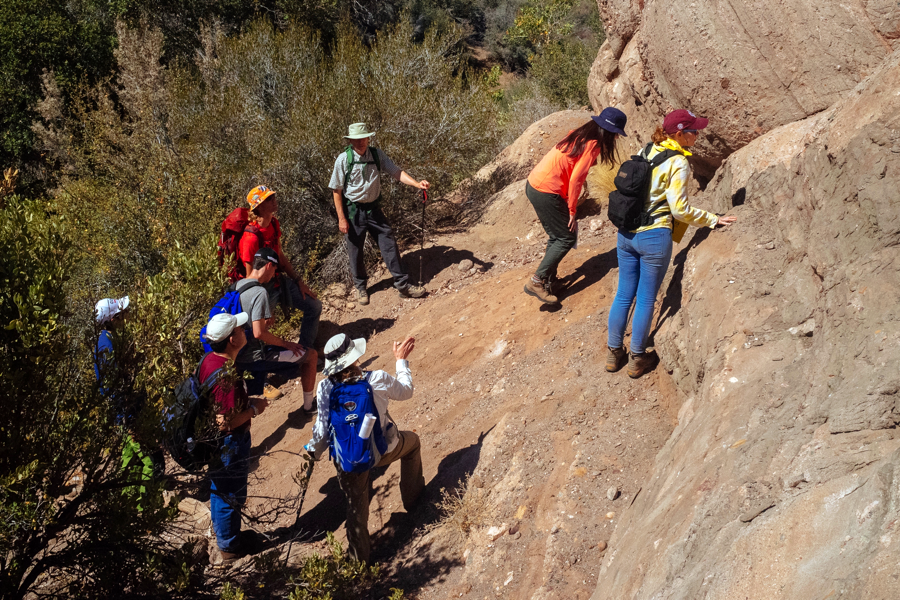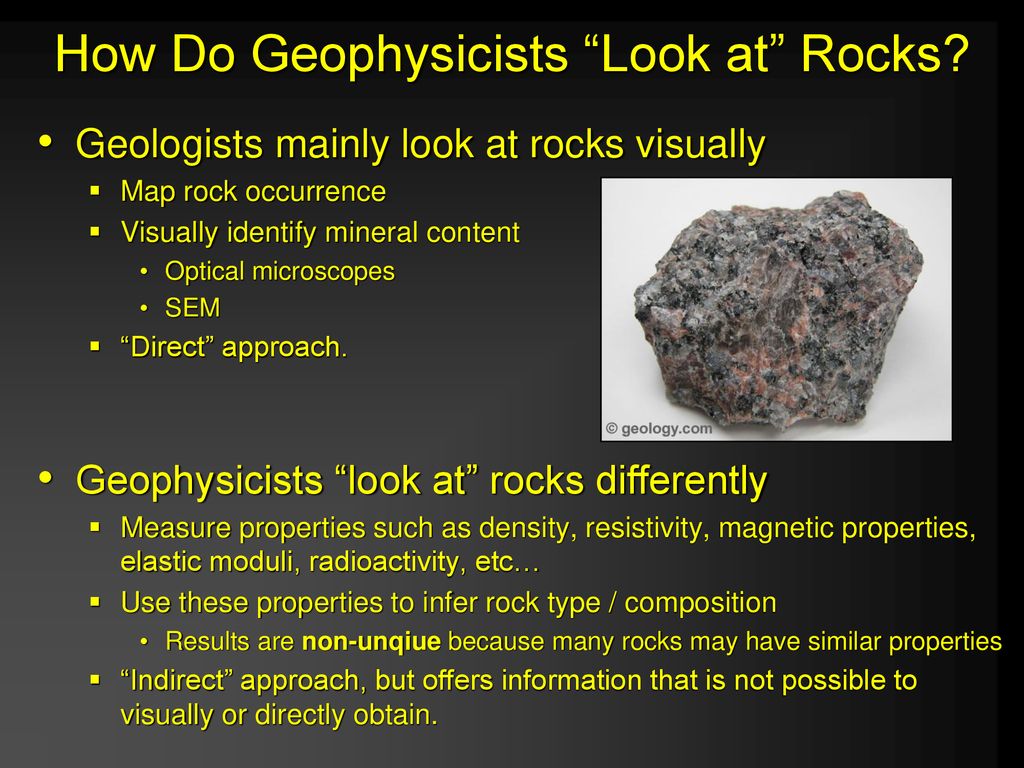All Categories
Featured
Table of Contents
Geophysical Survey - Plaza Of The Columns Complex in Ferndale Oz 2022

Other possible geophysicist majors that aren't geophysics or geoscience include: Atmospheric sciences and meteorology Chemical and physical oceanography Earth science Environmental science Hydrology and water resources science Products science By earning any geophysicist degree, and by taking the essential geology courses, you ought to certify for an entry-level position as a geoscientist or geophysicist.
Eventually, trainees need to find out: a branch of geology that takes a look at the various elements of minerals, consisting of chemical structure, internal crystal structure, and physical homes. the study of rocks and the procedures and conditions that form and change them gradually. There are a couple of neighborhoods in this branch of geology, including igneous, metamorphic, and sedimentary rocks.

This field examines structural rock features such as cleavage, faults, joints, and little folds. They need to also find out the computer skills essential to: analyze data develop digital models and maps run geoscientists' software application Trainees need to also take advantage of all opportunities to get real-world experience. Hopeful geophysicists ought to expect to hang out knowing: in the class in the field in labs Clearly, abilities taught in the class are very crucial for aiming geophysicists.
About Environmental Geophysics in Leederville Aus 2021
For example, geoscientists invest a great deal of their time outside when operating in the field, so they need to have "outside skills" like camping and operating boats, aircraft, and other cars. Because they invest so much time in remote locations, it's necessary that geophysicists also have the physical endurance to carry necessary devices on their walkings to places of research study.
The job provides: a high mean and top revenues a high rate of personal fulfillment among geophysicists low work stress positive job outlook Further info on earnings capacity and job outlook is detailed below. For trainees seeking to land an entry-level role as a geoscientist or geophysicist, it takes 4 years, or the time required to complete a bachelor's degree in geophysics or an associated discipline.
Some research study positions in geophysics need doctoral degrees. Also, if you plan to teach at a college or university, you must earn a Ph - Gravity Geophysical Survey Method in The Vines Western Australia 2022. D. in geophysics or a related field. The time it takes to make a Ph. D. varies by institution and program, however it usually takes 4 to six years beyond the bachelor's degree.
Geophysical Survey And Investigations in Atwell Aus 2021
The majority of employers require candidates to have a bachelor's degree in geophysics or a closely related discipline for all entry-level positions. And, in many cases, companies need a master's degree. As an outcome, there's no chance around the degree requirements for becoming a geophysicist. The majority of companies will expect or need a practicing geologist to be licensed for positions beyond those at the entry level.
Currently, 31 states require licensing for geologists, although licensing is not always required, particularly for entry-level work. The states that do issue licenses utilize the Fundamentals of Geology Exam (FGE), which is administered through the National Association of State Boards of Geology (ASBOG). Now that you understand which degree for geophysicist jobs you need, you'll require to land a task, and it is essential to learn just how much cash you can make in this profession.
According to BLS, the mean annual wage for geoscientists is $93,580. The lowest 10% of earners earn less than $52,000, while the greatest 10% earn more than $201,000 each year. Earnings fluctuate by market type and geographic area. According to BLS, specific markets provide greater earnings for geoscientists, and sometimes, they offer higher-than-average revenues.
Geophysics, Engineering Geophysics And Applied ... in Pickering Brook Australia 2022
In reality, mining, quarrying, and oil and gas extraction offers over $32,000 more each year than the average yearly wage for this profession. The federal government, too, uses over $10,000 more in profits than the nationwide average for geoscientists. In addition to market type, geographical area can considerably affect profits for this occupation.

The top-paying states and their yearly mean incomes, according to the BLS, consist of: Texas $166,720 Oklahoma $149,630 Pennsylvania $120,590 Hawaii $120,130 Colorado $107,260 These five top-paying states offer much greater salaries than the average for this occupation. In reality, wages for geoscientists in Texas are over $73,000 higher than the national average.
It should come as not a surprise that most of these high-paying locations are in Texas and Oklahoma, however some are discovered in California, Louisiana, and Colorado. The top 10 highest-paying city locations for geoscientists are: Houston-The Woodlands-Sugar Land, Texas: $188,400 Tulsa, Oklahoma: $186,490 Midland, Texas: $167,040 Odessa, Texas: $147,080 Oklahoma City, Oklahoma: $145,350 Bakersfield, California: $130,080 Urban Honolulu, Hawaii: $124,470 New Orleans-Metairie, Louisiana: $121,030 Washington-Arlington-Alexandria, DC, VA, MD, WV: $120,180 Denver-Aurora-Lakewood, Colorado: $116,910 For some geoscientists and geophysicists, residing in a metro city is not as attractive as living in a smaller community.
Latest Posts
Geophysical Survey Methods in Western Australia 2021
Geophysicist Salary in Wembley Downs Aus 2021
Bsc Geophysics in Safety Bay WA 2023